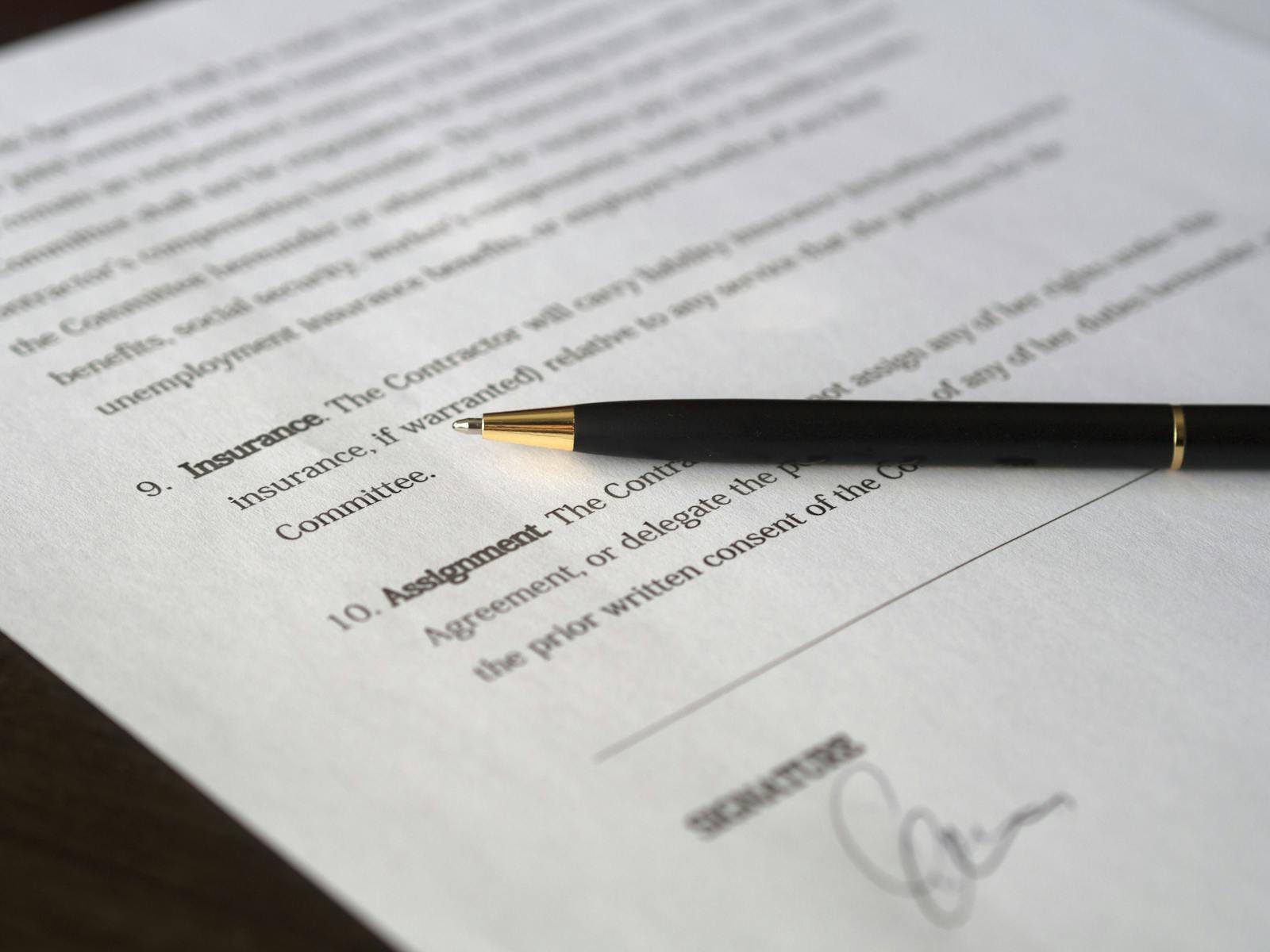A foreclosure occurs when a borrower does not maintain their mortgage payments, and the lender who gave the loan reclaims the property and sells in an attempt to regain the money that was lost.
Steps Leading Up to Foreclosure
About 2-3 weeks after you’ve missed your first mortgage payment, a letter from your lender will appear in the mail detailing the past due payment and describing the possible measures that will be taken if the mortgage payments are not made. Usually, lenders will provide a grace period of about 10-15 days where late payment can be made free of penalties.
You will receive multiple methods of notifications (calls, messages, letters, etc.) if you continue to miss payments. Late-payment penalties may be instituted by the bank.
After 90 days of missed payments (3 mortgage payments), a notice of foreclosure in 30 days may be issued to you by your lender.
The lender is allowed to begin foreclosure after 120 days of missed payments. Depending on the state, the process may take from one week to one year.
A foreclosure forces the eviction of all the tenants living on the property. To prepare the property for a resale, the locks will be changed and the premises will be secured. Timelines and foreclosure policies depend on the town and the lender; the local economic standings may also affect how the foreclosure functions.
Impacting your credit
A foreclosure entry will appear on your credit report, and it will stay there for seven years from the date of the first payment you missed. Foreclosures are seen as damaging entities in your credit history, and influences the judgement of creditors. It will also affect your credit score, but the weight of that effect depends on the state of your score beforehand. The action that most negatively impacts credit scores are missed payments, so the odds are your credit score will be significantly lower if you undergo a foreclosure.
Foreclosure Alternatives
More often than not, lenders prefer to avoid the time consuming, expensive process of foreclosures whenever they can. Within their missed payment notices, lenders will list a lender representative for you to speak to for help. Utilizing that opportunity could lead you to a financial recovery. It is possible to negotiate a new payment plan with your lender (provided you agree to fees and a higher interest). Worst case scenario, this gives you time to find a buyer for your home that way you profit off of the sale. You may also get your lender to agree to a short sale, but that is an unfavorable option for both parties. A short sale entails you selling the house for the highest price you can get, and the lender will accept the proceeds of the sale as a form of settlement for your mortgage loan. Though this option is viable, it provides no benefits to the client.
Explaining Foreclosure Sales
Foreclosures provide some great opportunities for homebuyers with determination and willingness to accept a potentially challenging estate. Homes that have been foreclosed have the potential to be sold at a cheap price, but it is best to know the risks before you enter the world of auctions or lenders.
My House Has Been Foreclosed, Now What?
Foreclosures can have substantial effects on your credit score that will take at least a couple years to recover from. The best approach you can take in this situation is to start rebuilding your credit. Stay consistent and patient; your credit score will eventually return to a good standing.
To read Jim Akin’s full article, click the link below.
https://www.experian.com/blogs/ask-experian/what-is-a-foreclosure/

